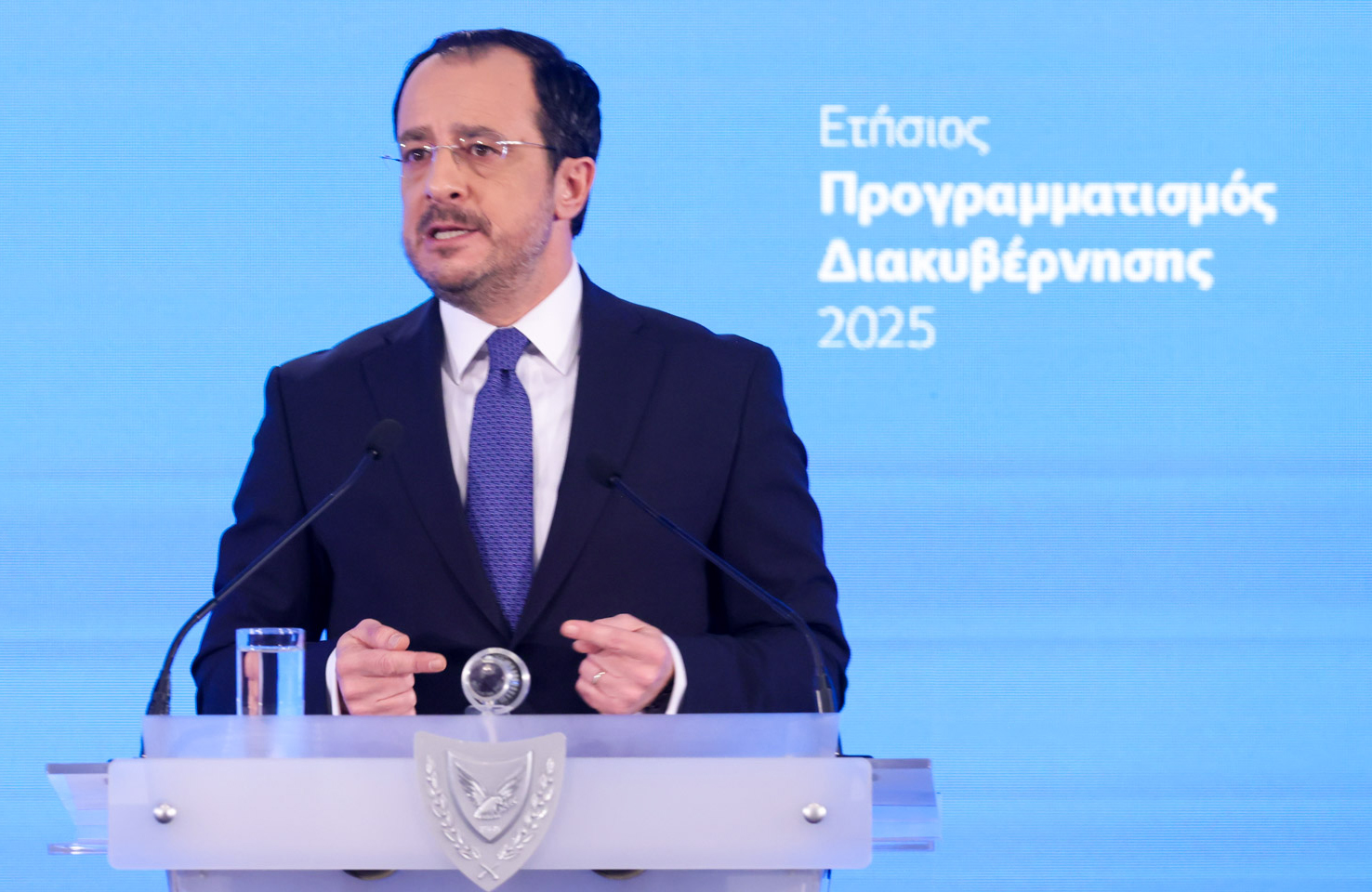News of a proposed bill, tabled to parliament by the finance ministry and intended to resolve the issue of multiple pensions, is very welcome – but the proposed solution is still very weak.
Under the bill, public officials and office-holders – from the president of the Republic, to MPs, all the way down to mayors and community leaders – will get a one-time ‘gratuity’ upon leaving their post.
Needless to say, this would not replace the pension they get when they retire, but merely the additional pension (and lump-sum payout) which they’re now entitled to claim due to their time in office.
The first thing to note is that this issue probably wouldn’t have been tackled at all, had it not caused embarrassment to the president.
After all, the problem isn’t new. But it so happened that President Nikos Christodoulides retired from the civil service in 2018 to become foreign minister – so, from the age of 45, he’s been receiving a monthly pension which continues even now, in addition to his net annual salary of €114,039 as president.
That revelation – amplified by former auditor-general Odysseas Michaelides – became something of a scandal during his first months in office, especially when it emerged that bills to deal with the issue had been gathering dust for years. Hence, indirectly, this new bill.
Given the context, it’s therefore a bit outrageous that the bill won’t actually apply to the current president, or any currently serving state officials – who’ll continue to get a monthly pension, in addition to any previous emoluments, once they step down – but only to those who may be appointed after the law is enacted.
It almost feels like the president is trolling us. On the one hand, through his finance ministry, he acknowledges the bad optics of being eligible for multiple pensions, and ostensibly does something about it – but then exempts himself, his ministers (many of whom, including the finance minister, are in the same boat), and indeed his entire generation of public officials. The law will only apply to future generations – unless they quietly manage to get it repealed, since everyone will have forgotten the fuss by then anyway.
It’s unclear what principle is being invoked here. Perhaps the thinking is that it’d be unfair for a person’s terms of employment to be arbitrarily changed without their consent, therefore laws can’t upend an established situation. Then again, isn’t that the point of passing laws in the first place?
We should note that local courts have form when it comes to this kind of legalistic idiocy. The various past attempts to solve this problem included a law – the State Officials Pensions Laws of 2011 – that at least tried to codify it, setting a ceiling on the total amount received and providing for previous pensions to be suspended while the official remains in his new post.
Alas, the law was struck down by the Supreme Court as being unconstitutional, on the grounds that a pension is part of a person’s property, therefore it can’t be curtailed or tampered with.
How can something that’s entirely in the purview of the state – and might stop being paid tomorrow, if the state went bankrupt – possibly count as a property right? A judge might presumably counter-argue that all private property is essentially ‘granted’ by society anyway, yet citizens still have a right to it. Maybe so. Still, it doesn’t seem logical.
That’s the larger point, which the government seems to be missing. At a time when most of the population are on one, sometimes very low pension – €400-500 a month is not unheard-of – it’s needlessly provocative that public officials, whose salaries and pension plans are more than generous, should be getting multiple pensions on top of that.
It’s a bit like the perks (the various secretaries and security details) which our politicians are entitled to after leaving office, the kind of scam that people tolerated in more prosperous times but increasingly don’t today. They should just scrap the whole arrangement. It’s not like any of them need the money anyway.
Will this new bill also be struck down by the courts, if it even becomes law? Hopefully not – but that doesn’t mean it’s any great triumph.
The gratuity being envisaged by the law – funded by the taxpayer, of course – is not inconsiderable. For the president, ministers and other senior officials like the government spokesman – if it applied to the current crop which, again, it doesn’t – the payout would be half the amount of their final monthly earnings (around €10,000 net for Christodoulides, as already mentioned), multiplied by the number of months of service.
Even lowly officials like mukhtars would receive a golden handshake of one-twelfth their final salary, multiplied by months of service – though, again, no currently serving mukhtars, just the mukhtars of the future.
Tabling the bill, the finance ministry expressed the hope that it would, “in the long run, bring about savings in the public payroll”. That’s the very definition of ‘better than nothing’.
It is undoubtedly better than nothing. But any praise due to the government for drafting it will be as feeble and qualified as the bill itself.






Click here to change your cookie preferences